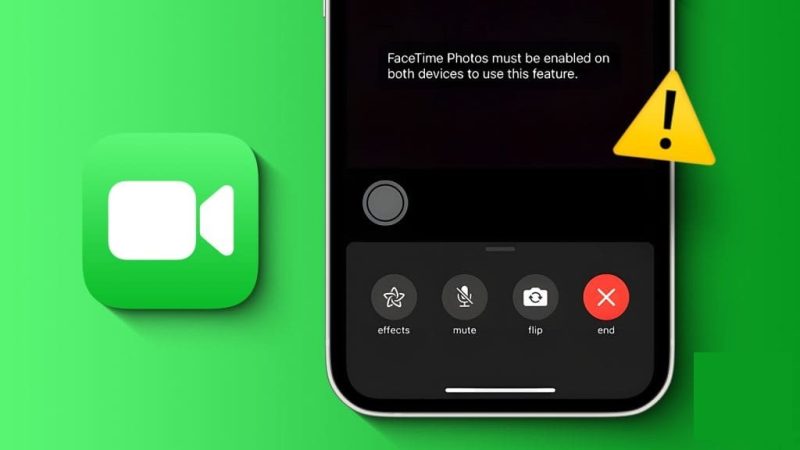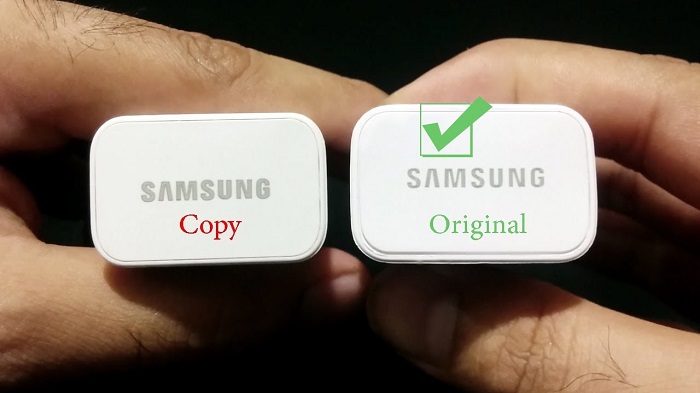5G, the latest generation of mobile network technology, promises faster speeds, lower latency, and greater connectivity; however, its rollout has been met with controversy, ranging from health concerns to geopolitical tensions. While many of these fears are unfounded, the debate surrounding 5G continues to attract attention.
Health concerns and misinformation
One of the most persistent concerns about 5G is its potential impact on human health. Some worry that exposure to higher-frequency electromagnetic waves could cause harm, but scientific evidence does not support this claim. According to research published in Nature Portfolio, radiofrequency radiation used in 5G falls within safe exposure limits set by regulatory bodies. Moreover, millimetre wave frequencies used in some 5G networks cannot penetrate the skin deeply, reducing any potential biological effects.
Despite this, misinformation about 5G has spread widely. False claims linking 5G to illnesses, including COVID-19, have led to public anxiety and even the vandalism of mobile infrastructure. Governments and health agencies have repeatedly debunked these claims, reinforcing that 5G technology poses no proven health risks.
Infrastructure, security, and accessibility
The deployment of 5G requires significant infrastructure upgrades, including the installation of small cell towers in urban areas. This has led to concerns about visual clutter and property devaluation in some communities. Additionally, the high costs associated with implementing 5G networks have raised questions about equitable access, particularly in rural regions where coverage remains limited.
Beyond infrastructure, security issues have also fuelled controversy. Some governments have expressed concerns over the involvement of certain telecom providers in 5G networks, fearing potential espionage. This has led to restrictions on the use of equipment from specific companies, further complicating global 5G deployment.
For businesses and consumers, connectivity remains a key advantage of 5G. Solutions such as a multi network data SIM from a provider such as lister-communications.co.uk/business-mobiles/multi-network-data-sim-cards enable users to switch between networks for improved coverage and reliability, ensuring they benefit from fast and stable connections.
As 5G continues to expand, addressing concerns through transparent communication and rigorous research will be essential. While challenges remain, the benefits of 5G technology are expected to drive its widespread adoption in the years to come.



